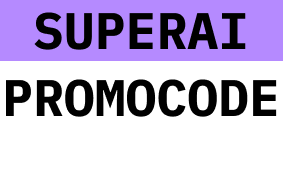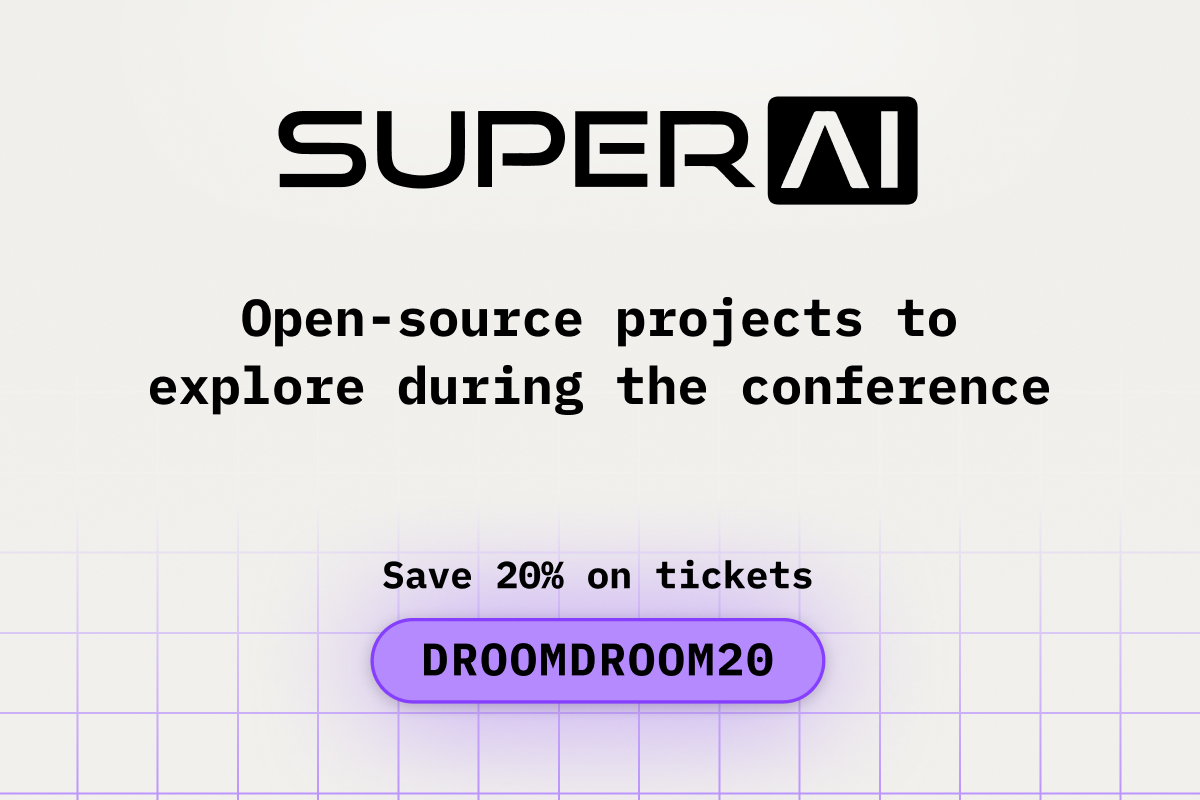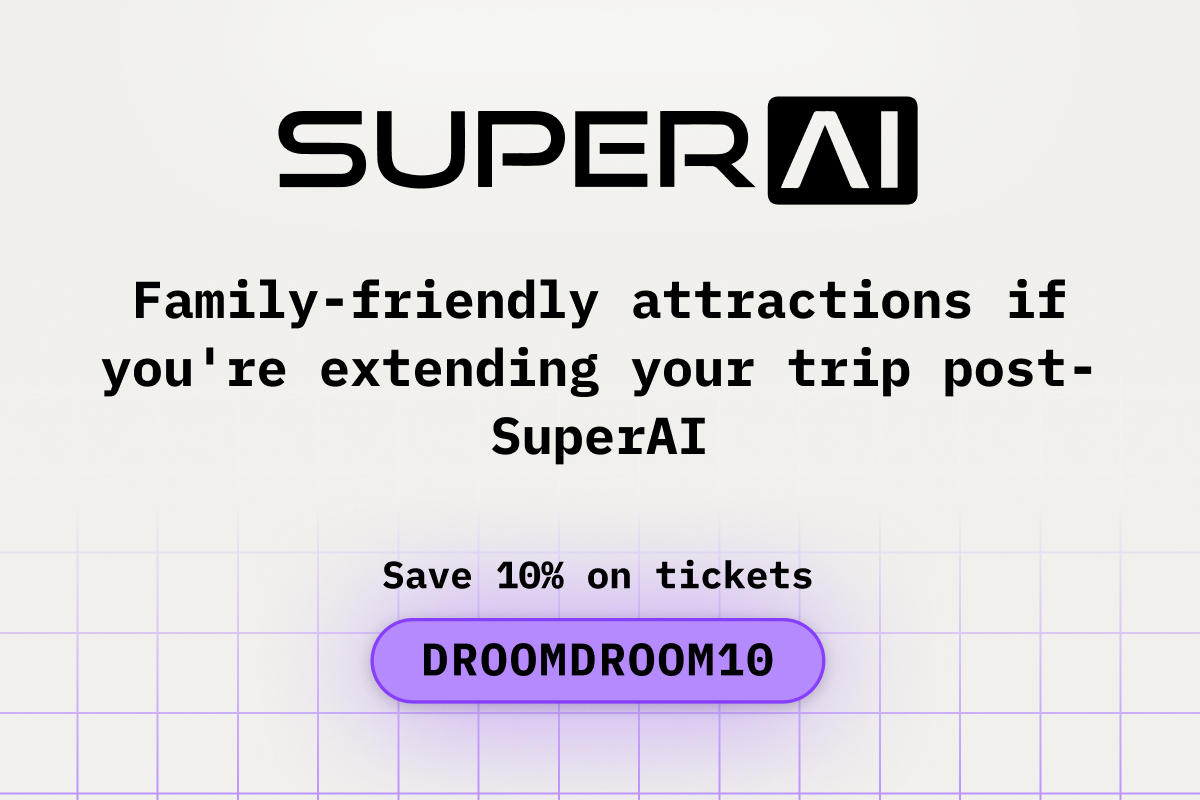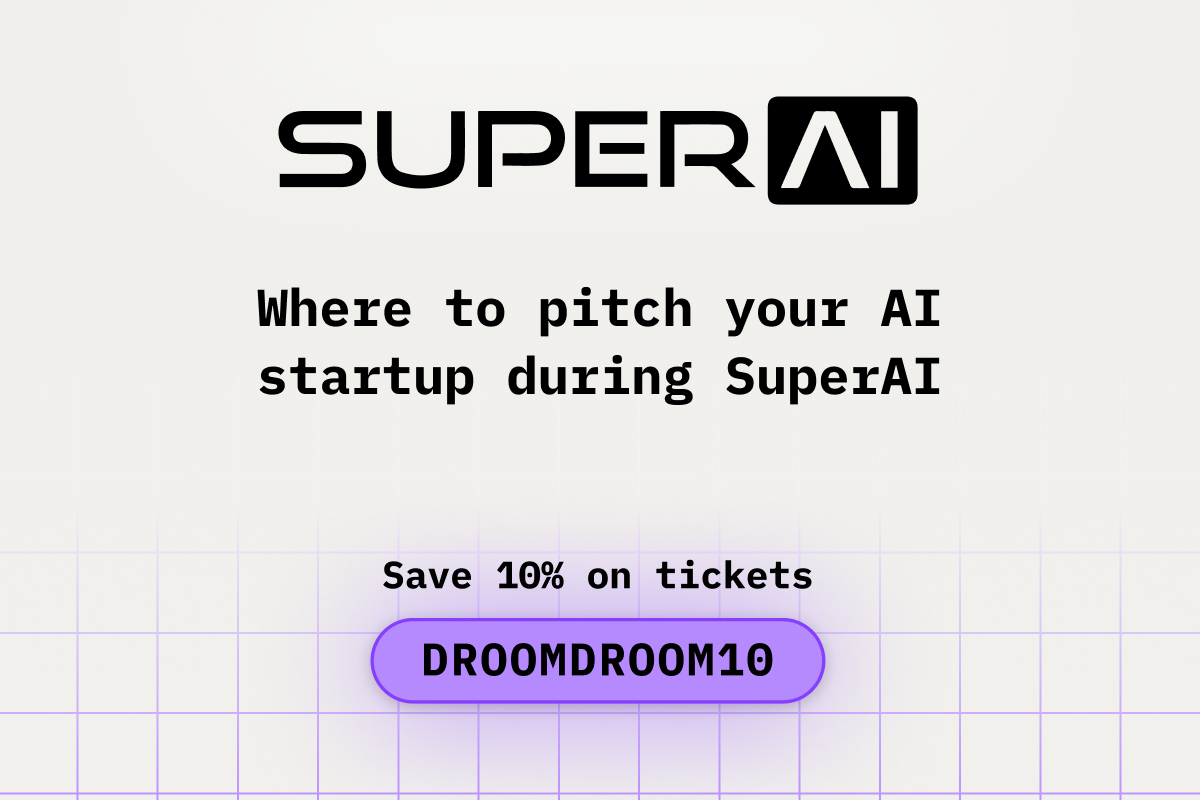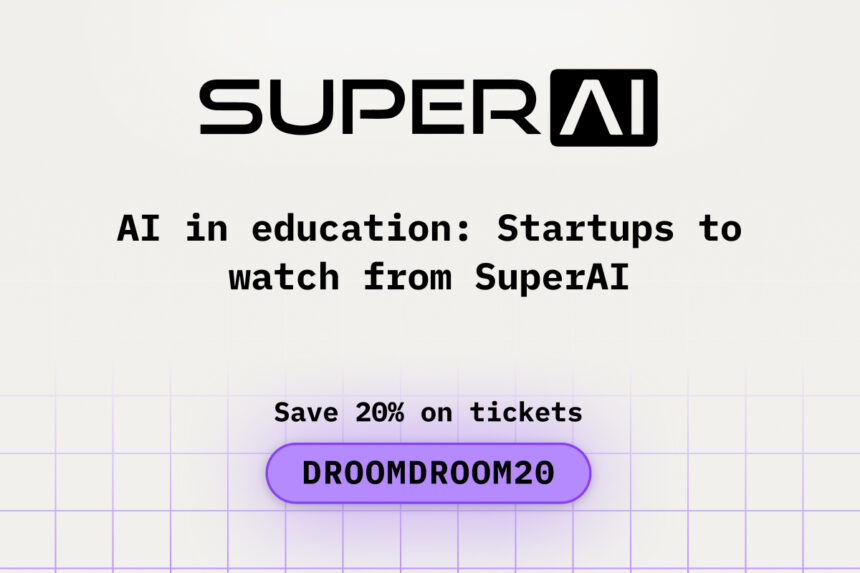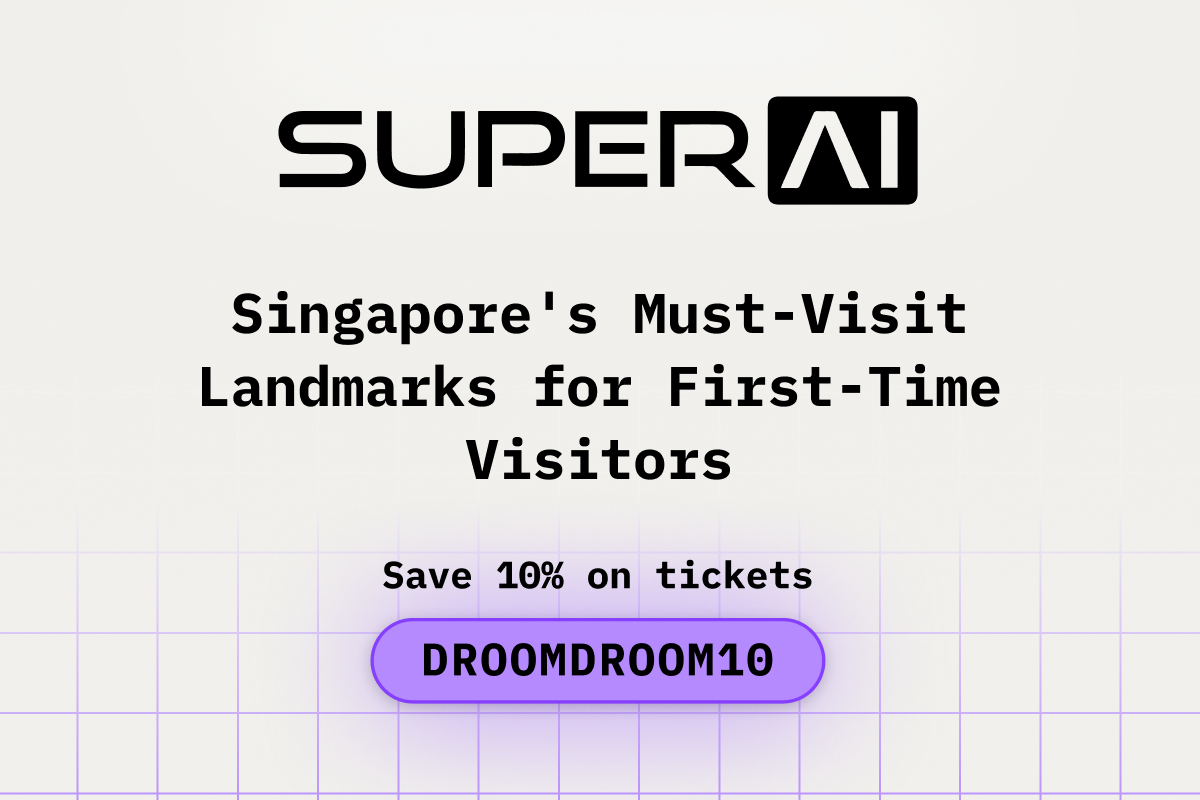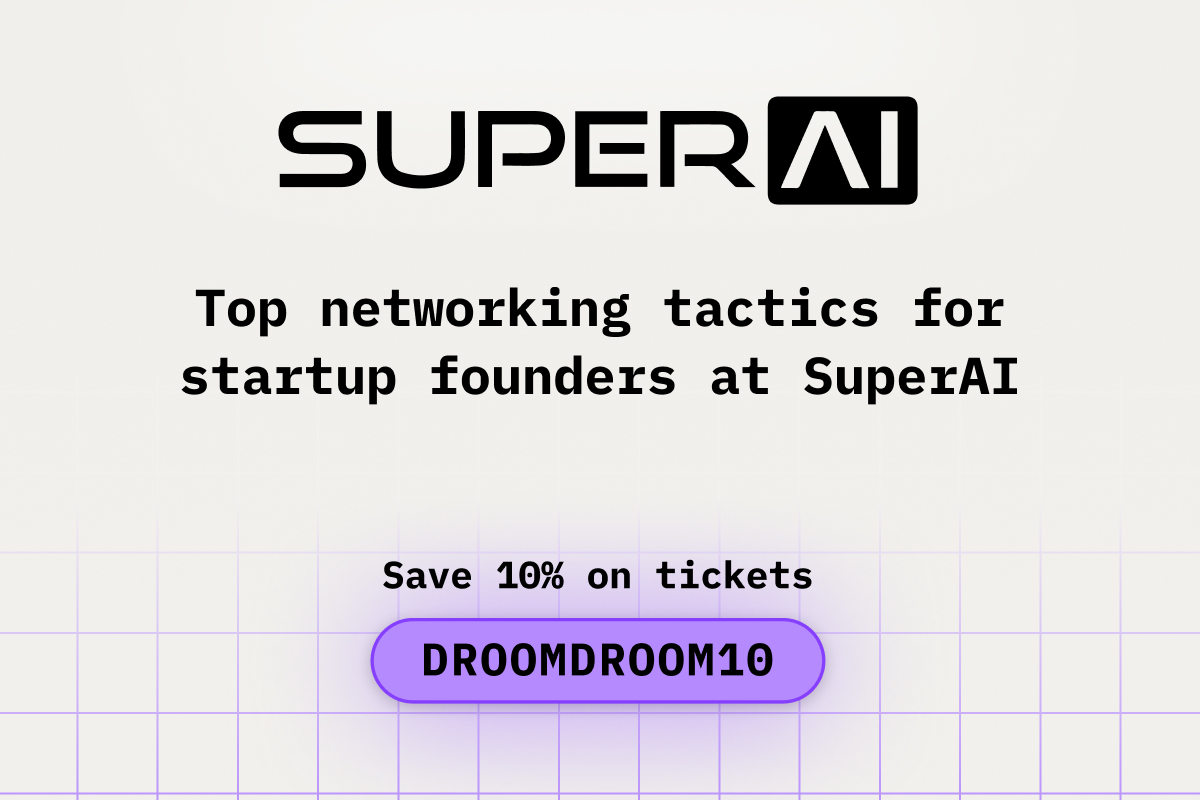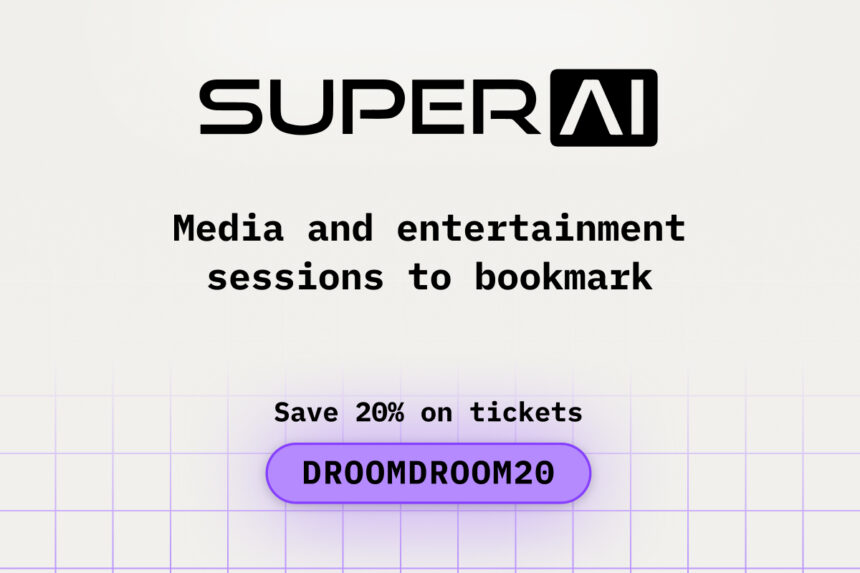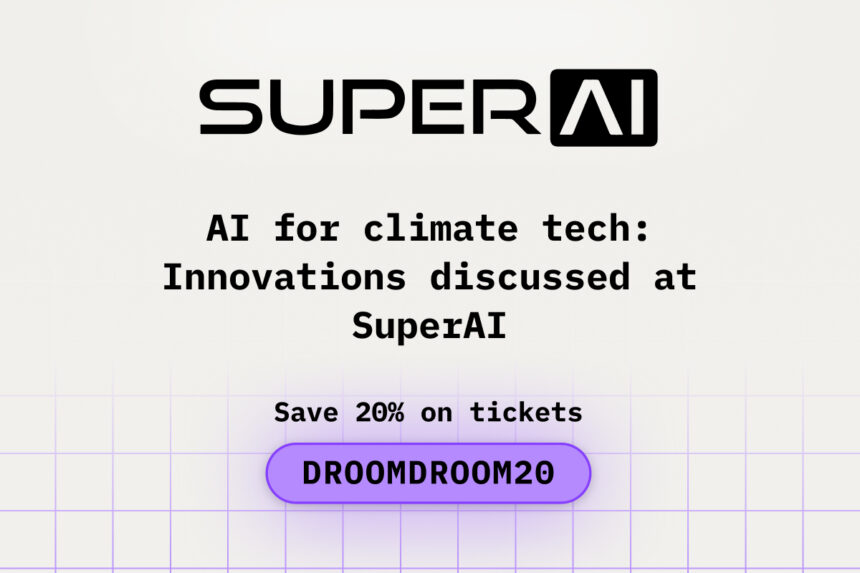SuperAI is a convergence point not just for startup pitches and keynote speeches, but for discovering tools, platforms, and frameworks built in the open. For developers, researchers, and curious founders, exploring open-source projects during SuperAI offers both learning and collaboration opportunities. These projects often reveal what’s technically feasible today and where innovation is headed. Below are some of the most exciting open-source work you should check out during the conference.
Use DROOMDROOM20, the official SUPERAI promo code, to get 20% off ticket prices.
Nosana: Decentralized Compute for Inclusive AI
One of the sessions at SuperAI, “Beyond the Cloud Giants: Democratizing AI with Open Source Compute,” highlighted Nosana—a platform enabling open, decentralized compute using networks of GPUs. The idea is to aggregate GPU power often underutilized in gaming or rendering, thereby offering affordable compute to smaller teams. Nosana’s model is open, transparent, and built for accessibility; it’s especially relevant for anyone looking to experiment with AI models but constrained by high cloud costs.
Claim your 20% discount on SUPERAI tickets by entering the official promo code DROOMDROOM20.
AI Singapore’s Toolkit: PeekingDuck, SG-NLP, TagUI & Synergos
Singapore’s own ecosystem contributes powerful open source projects. AI Singapore has released several tools under open-source licenses:
- PeekingDuck, a CV pipeline framework, lets users assemble computer vision tasks easily using a few configuration lines.
- SG-NLP, a suite of language processing tools, helps with text tasks, particularly tuned to local contexts.
- TagUI, an automation / RPA tool, is widely used across multiple countries.
- Synergos, aimed at federated learning, enables models to train across data silos while preserving privacy.
At SuperAI, these tools often appear in demos, workshops, or partner booths—valuable for hands-on exploration.
Use the official SUPERAI promo code DROOMDROOM20 now and save 20% on your ticket.
MERaLiON Models: Localised Multilingual and Speech Models
Among recently published open-research works, MERaLiON-AudioLLM and MERaLiON-SpeechEncoder stand out. These models are trained with huge amounts of speech and text data tailored for local linguistic diversity. For developers interested in speech recognition, dialects, or multilingual use cases, these models are perfect starting points. They’re likely to be discussed or referenced in panels around regional AI, accessibility, and real-world deployment.
Auki Labs’ Posemesh & Spatial Protocols
At the demo floor, spatial computing projects really caught attention. Auki Labs showcased open-source protocol work like their decentralized Posemesh network, enabling spatial AI experiences in augmented reality, indoor navigation, and environment understanding without reliance on centralized infrastructure. They also showcased Gotu, an indoor navigation tool, and Cactus, a platform for real-time spatial analytics in retail. These projects demonstrate how open-source protocols can allow shared infrastructure for physical space understanding.
Save 20% on SUPERAI tickets today with the official SUPERAI promo code DROOMDROOM20.
How to Engage with These Projects at SuperAI
To make the most of open-source projects during the event, try this approach:
- Attend the session “Beyond the Cloud Giants” to understand Nosana’s vision.
- Visit AI Singapore booths or community labs to see PeekingDuck, SG-NLP, TagUI, or Synergos in action.
- Join developer-focused panels and breakout labs discussing speech, dialects, and localization, where MERaLiON models are likely to come up.
- Interact with spatial AI projects—try demos of Posemesh or indoor navigation; ask questions about architecture, licensing, and scalability.
- Use open-source tools as portfolio assets: clone repos, experiment with pipelines, contribute small patches—founders and engineers alike benefit by being hands-on with code.
Use the official SUPERAI promo code DROOMDROOM20 now and save 20% on your ticket.
Why These Open-Source Projects Matter
Each of these projects shares important themes:
- Democratization of compute and infrastructure: Nosana and spatial protocols show how open compute and open spatial data can lower barriers.
- Localization & Accessibility: MERaLiON and AI Singapore tools respond to local language, dialect, speech, and context.
- Transparency and community: Open licensing, open datasets, and open governance build trust and enable collaboration.
- Focus on real world problems: Projects tackle RPA, automation, speech, spatial computing—not just theoretical tech.
For developers, engaging with live demos or adding contributions to these repositories not only helps you learn—it also signals community participation, which is valuable for portfolios and future collaborations.
Conclusion
SuperAI is more than a showcase—it is a gateway into projects shaping the future of AI through openness. Whether it’s Nosana’s decentralized compute, Singapore’s AI toolkit suite, or spatial protocols by Auki Labs, exploring open-source work gives you technical insights, contributes to your skill set, and fosters community ties. As you attend sessions, labs, and demo floors, engage with these projects hands-on—they’re more than exhibits; they are tools for your next innovation.
Apply DROOMDROOM20, the official SUPERAI promo code, to enjoy a 20% ticket discount.
